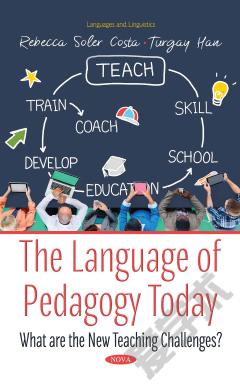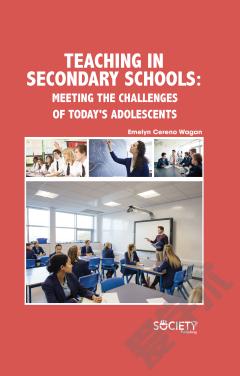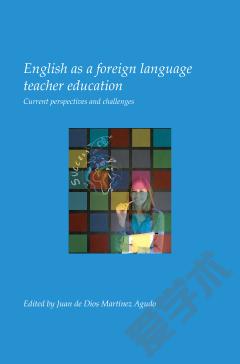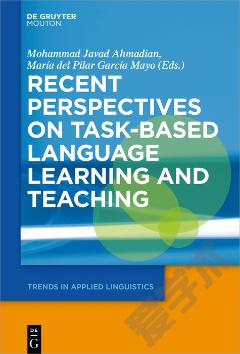The Language of Pedagogy Today: What are the New Teaching Challenges?
In the field of pedagogy, there are different publications about the processes of didactic interaction in the classroom. However, there are no scientific works that reflect an analysis showing the terms and expressions this language of specialty has in the conformation of its lexicon. This linguistic aspect in the discipline of pedagogy (language discourse in pedagogy) is extremely necessary and is constantly experiencing changes. When teachers interact in and out of the classroom, they make use of a language, terms and expressions that contain specific semantic meanings that strictly belong to this epistemological community and, in fact, those terms and expressions offer a certain scientific status to the pedagogical speech.If we consider that the pedagogical speech is constantly altered by the implementation of educative acts, teachers, researches and other educative agents need to know the new terms. These reasons have promoted the creation of this book, necessary for the professionals that work in the field of education: To analyze what kind of language teaching professionals use, how they communicate with students, what are the terms used to explain to parents the academic development of their child, etc. The reader will find in this book a characterization of the language of pedagogy through the analysis of its neologisms, anglicisms and technicisms.This book, then, is aimed at teachers, parents, researchers, stakeholders, counsellors, psychologists, pedagogists, teaching professionals, and to any interested in the field of education. They will find interesting insights into the scientific field of Pedagogy, knowing how a discipline builds its language. It is one step further to learn more about the epistemology of this discipline. The reader will find in this book an analysis of the terms that have acquired a specific meaning in the language of pedagogy and allow communication in this epistemological community.The book is divided into two major parts. The first one provides an extensive and current theoretical framework on neologisms of a loan in the language of pedagogy: interlingual loans, voices of classical languages and inter-linguistic loans, with examples to facilitate their understanding.The second part of this book shows a terminological analysis of technicisms, secondary terminologizations, acronyms and syntactic expressions. Therefore, the reader will have a holistic and specific overview of the language of pedagogy to properly understand its terms. Secondary terminologizations constitute a procedure to use the terms of a discipline in a different discipline with a new specialized meaning. Acronyms are also very frequent in the language of pedagogy and they supplement the lack of technicisms. The syntactic expressions contribute to allow communication between professional and non-professional speakers, and are characteristic of the language of pedagogy.Evidently, the epistemological community of pedagogy has a special language, which is used in specific communicative contexts and with different forms of content. This does not mean it is necessary to develop a semantic analysis, but rather to be aware of how words are created and what meanings are legitimized. For all these reasons, the authors considered the book necessary to contribute to a better knowledge and understanding of the discipline of pedagogy. (Nova)
{{comment.content}}








 京公网安备 11010802027623号
京公网安备 11010802027623号